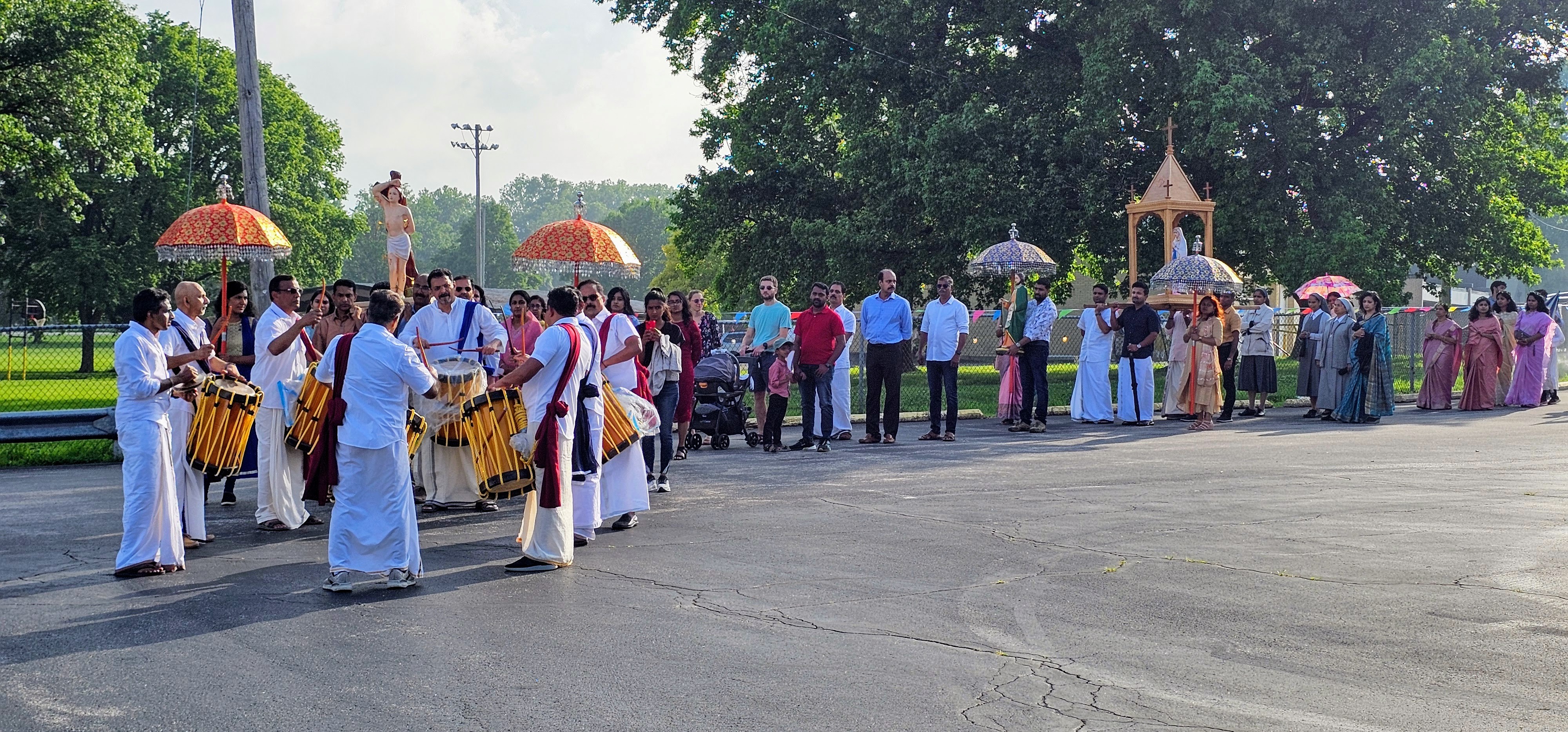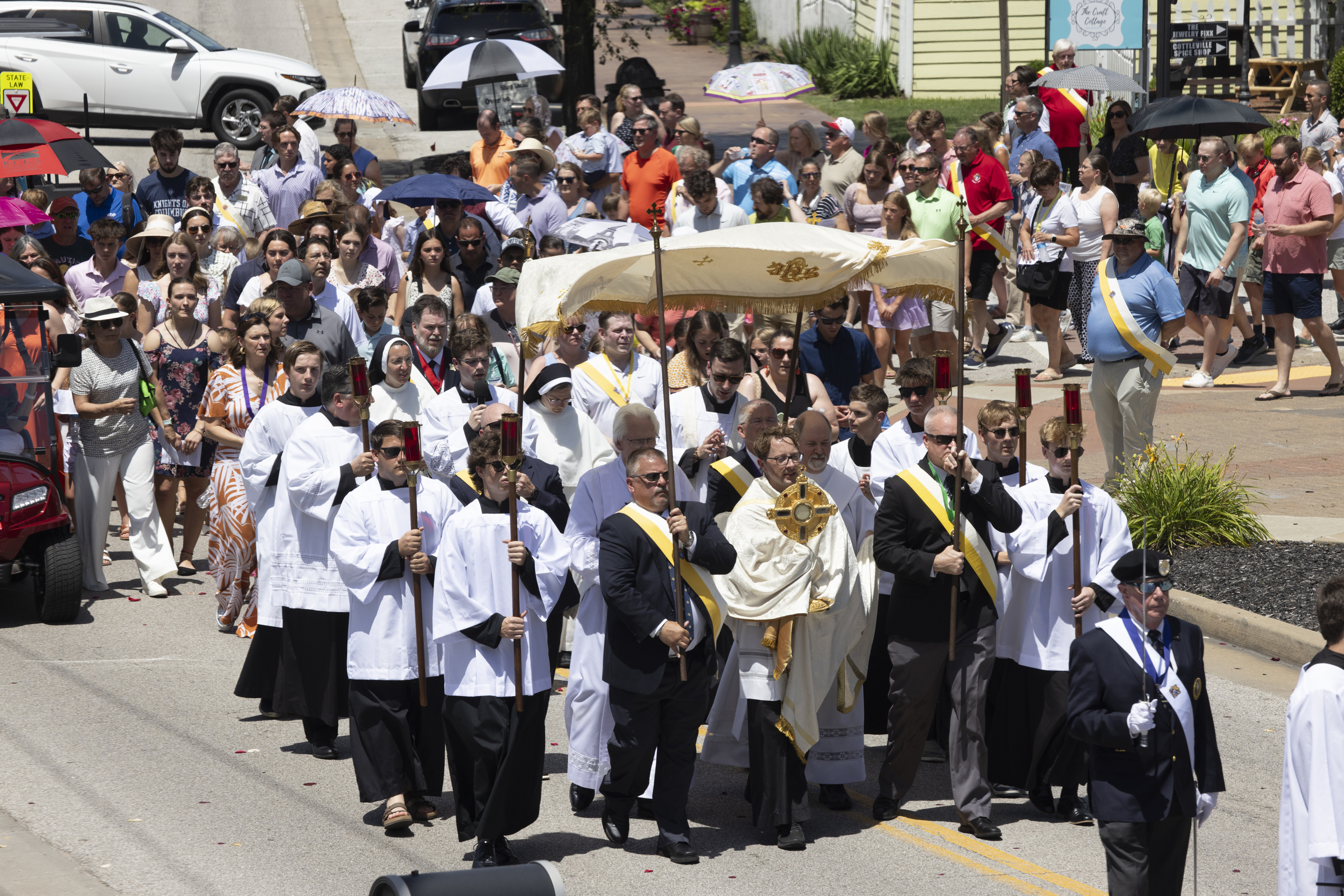City aldermen host discussion on reproductive health Board Bill 203
Faith and religious liberty were front and center in the public square at a hearing in St. Louis City on a proposed ordinance relating to abortion and reproductive health decisions.
Members of the city’s Housing, Urban Development and Zoning Committee heard comments from the public Jan. 18 on Board Bill 203, which would amend the city’s anti-discrimination law, adding pregnancy and reproductive health decisions as protected classes. The bill is sponsored by Alderwoman Megan-Ellyia Green (D-15th Ward).
Reproductive health decisions, as defined by the measure, would include any decision related to to the use or intended use of any drug, device or medical service, including use of contraception or fertility control, or planned abortion. If passed, St. Louis would become the third city, following Boston and Washington, D.C., to protect pregnancy and reproductive health in its anti-discrimination laws.
Green said there has been some misinformation about what the bill does, but then proposed an amendment to provide a exemption for religious institutions from being forced to provide reproductive health benefits, such as abortion and contraceptives, in their health care plans or provide reproductive health services on their premises.
“When we talk about needing to grow St. Louis and put St. Louis back on the map, one of the ways we can do that is by being a progressive, accepting, inclusive city, that protects all citizens from all forms of discrimination,” she said. “This bill will ensure that employees and their families can make their own health decisions, whether, when and how to start a family and what the size of their family should be, without the fear of losing their jobs or fear of retribution from their employers because of private, non-work related decisions.”
Tom Buckley, general counsel for the Archdiocese of St. Louis, told the committee the bill promotes religious persecution and discrimination, adding that it violates the U.S. Constitution and U.S. Supreme Court precedent, and violates state and federal laws. The archdiocese, which has about 6,500 benefits-eligible employees and half a million Catholics, will take legal action if the bill becomes law, Buckley said.
For example, Buckley said private business owners could still be required to pay for health benefits that cover abortions. That conflicts with a Missouri law that prohibits health insurance policies from covering abortion or contraceptives, unless it is provided for by a rider to the policy. Private landlords also could be required to rent to entities involved in abortion.
The bill could interfere in religious employers’ decisions about an employee based on their public activities, Buckley said. An example includes teachers who are hired at a Catholic school must hold, in a public way, true to the tenets of the Catholic faith.
“Privately they’re free to believe whatever they want,” Buckley said. “But at least in teaching and imparting the faith to the students, they are required to live in a way that comports to those religious beliefs.”
“The problem here is this is an amendment to a bill, which attempts to include and grant protected class status in a civil rights bill based on behavior,” Buckley said. “Once you do that, you grant civil rights protected class status to one group who believes this way — and at the same time, you trample on the rights of those who have opposing views.”
“This is a sad day for people of faith in the city of St. Louis,” he said. “For Catholics and others of similar faiths, abortion is gravely immoral, and we cannot support it or become complicit in supporting it as a matter of our faith, our sincerely held religious beliefs.”
Helen Risse, director of nursing at Our Lady’s Inn, was among those who spoke against the bill, noting that as a condition of employment at the shelter for homeless pregnant women, employees cannot refer for abortions or contraceptives. Our Lady’s Inn considers itself a private employer. “That is because such referrals would be contrary to our mission and why we came into existence — to help women who want to choose life, but do not have the means or support to do so,” she said.
Rabbi Susan Talve of Central Reform Congregation was among those speaking in favor of the bill. She said it would have the greatest impact on the poor and vulnerable, protecting their private health care decisions. “Religious liberty is a fundamental American value, guaranteeing us the freedom to hold our religious beliefs,” Talve said. “The amendment to this bill certainly makes it clear that no one is going to be forced to do anything against their conscience. But it does not allow for us to discriminate against or otherwise harm others.”
The committee will continue discussion on the bill in the next several weeks.
Take action
St. Louis City Board of Aldermen (including a search for ward by address): www.stlouisreview.com/bEB
St. Louis Aldermanic Housing, Urban Development and Zoning Committee: www.stlouisreview.com/bEK
Archdiocesan Respect Life Apostolate: www.stlrespectlife.org | Facebook: Respect Life Apostolate – St. Louis | twitter: @ProLifeSTL
Archbishop Carlson’s statement: http://archstl.org/node/4403641
Missouri Catholic Conference action alert: http://stlouisreview.com/bma
RELATED ARTICLE(S):
Faith and religious liberty were front and center in the public square at a hearing in St. Louis City on a proposed ordinance relating to abortion and reproductive health decisions. … City aldermen host discussion on reproductive health Board Bill 203
Subscribe to Read All St. Louis Review Stories
All readers receive 5 stories to read free per month. After that, readers will need to be logged in.
If you are currently receive the St. Louis Review at your home or office, please send your name and address (and subscriber id if you know it) to subscriptions@stlouisreview.com to get your login information.
If you are not currently a subscriber to the St. Louis Review, please contact subscriptions@stlouisreview.com for information on how to subscribe.







